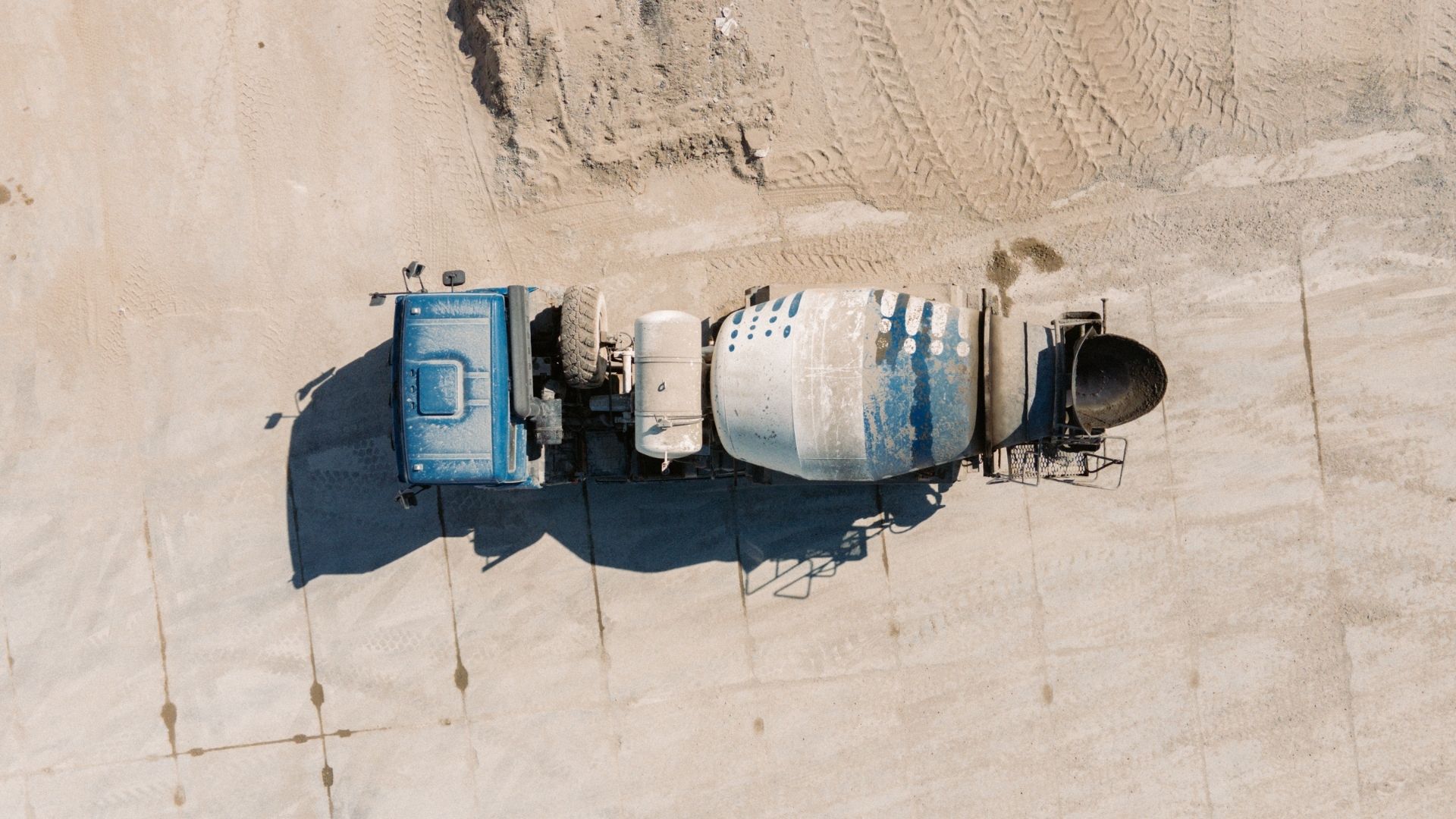Table of Contents
- How Much Fuel Does a Concrete Mixer Use While Mixing?
- What Factors Impact Concrete Mixer Fuel Efficiency?
- How Can You Manage Mixing Time to Save Fuel?
- How Much Concrete Can You Mix in an Hour?
- How Many Gallons Does a Cement Mixer Hold?
- How Can You Reduce Long-Term Fuel Costs?
- Why Is Measuring Fuel Important for Sustainability?
Estimated reading time: 5 minutes. Last updated: January 1, 2025.
How Much Fuel Does a Concrete Mixer Use While Mixing?
Fuel consumption is a crucial consideration for anyone operating a concrete mixer. On average, a concrete mixer consumes 2-4 liters of fuel per hour, depending on the engine’s size and the workload. For example, mixers handling heavier loads or operating continuously will require more fuel.

This is where the Concrete Mixer Mixing Fuel Consumption Calculator becomes a game-changer. By inputting your mixer’s details—like the mixing duration and fuel consumption rate—you can determine your exact fuel usage for every session. This clarity allows you to optimize your operations and minimize waste.
What Factors Impact Concrete Mixer Fuel Efficiency?
Several factors influence how much fuel your concrete mixer uses, including:
- Load size: Mixing heavier batches consumes more energy and fuel.
- Machine efficiency: Older or poorly maintained mixers often burn more fuel.
- Operating time: Extended mixing periods result in higher fuel usage.
A frequently asked question is: “How much energy does a cement mixer use?” For diesel mixers, the answer lies in their fuel consumption rate, typically measured in liters per hour. The calculator helps you monitor this rate over time, making it easier to plan fuel-efficient schedules.
How Can You Manage Mixing Time to Save Fuel?
One of the most effective ways to reduce fuel consumption is by managing your mixing time. How long does it take to mix concrete in a truck? Generally, it takes 5-10 minutes per load, though this depends on the truck’s capacity and the type of concrete. By timing your operations accurately and avoiding unnecessary idle time, you can save a significant amount of fuel.
For instance, if you know your project’s exact requirements, you can reduce excess mixing and keep fuel usage to a minimum. Additionally, using the Concrete Mixer Pouring Fuel Consumption Calculator ensures that you’re equally efficient during the pouring phase.
How Much Concrete Can You Mix in an Hour?
Another common concern is production capacity. How much concrete can a mixer produce per hour? Portable mixers typically handle 5-10 cubic yards per hour, while larger commercial mixers can handle more, depending on their specifications.
Understanding your mixer’s capacity is vital for planning and avoiding overuse. With the calculator, you can align your mixing schedule with your project’s needs, ensuring that you don’t run the mixer longer than necessary.
How Many Gallons Does a Cement Mixer Hold?
Capacity varies based on the type of mixer. Most standard mixers can hold 6-12 cubic feet of concrete, translating to several gallons of material. It’s important to note that larger loads often lead to higher fuel consumption. By using the calculator, you can see the impact of load size on fuel usage, helping you adjust your operations accordingly.
How Can You Reduce Long-Term Fuel Costs?
Reducing fuel costs requires a combination of efficient equipment and strategic planning. Here are a few tips:
- Regular maintenance: Keep your concrete mixer in top condition to avoid excessive fuel consumption.
- Batch planning: Combine mixing sessions to reduce idle time and save energy.
- Use efficient tools: Leverage calculators like the one on our website to measure and manage your fuel consumption at every stage.
Why Is Measuring Fuel Important for Sustainability?
Fuel management isn’t just about cost—it’s also about sustainability. Concrete mixers, like all construction machinery, contribute to Greenhouse gas emissions . Monitoring and minimizing your fuel consumption helps reduce your carbon footprint while saving money.
Want to take it a step further? Explore related tools to maximize fuel efficiency throughout your project. For instance:
- Check out the Concrete Mixer Pouring Fuel Consumption Calculator to accurately measure fuel usage during the pouring phase.
- Use the Diesel Generator Fuel Consumption Calculator for heavy-duty equipment to optimize overall project fuel management.
These tools provide comprehensive insights into fuel consumption at every stage, helping you save money and reduce waste efficiently.